Get Excited for 'Encanto', Disney’s Latine Animated Musical
Make way for more Latine representation! Disney has released a toe-tapping musical trailer for "Encanto", which features more diversity than expected!
Incluvie – Better diversity in movies.
Identity in film through scores, reviews, and insights.
Incluvie – Better diversity in movies.
Explore identity in film through scores, reviews, and insights.
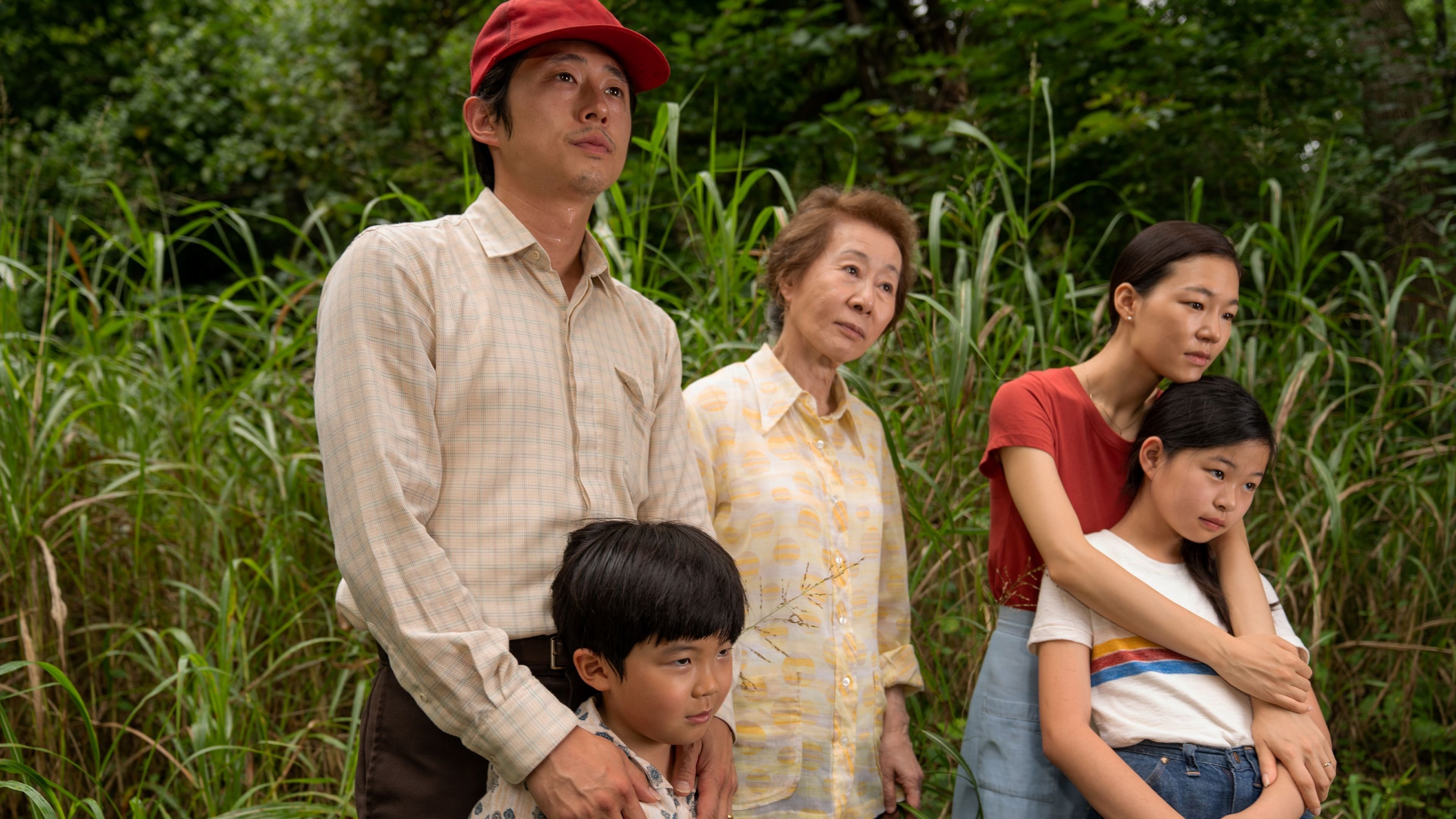




“Anger is just a transitory state of consciousness,” Amy says early in Beef, a new series on Netflix starring a near entirely Asian-American cast. Like much of what’s spouted by the two leads in this new dark comedy, this quasi-philosophical pondering is mired in bullshit. Anger overwhelms Danny (Steven Yeun) and Amy (Ali Wong). It is a far from fleeting affliction for these two who both struggle and thrive in a hot, dry Los Angeles landscape
They are not the only ones. George (Joseph Lee), Paul (Young Mazino), and Isaac (played by renowned street artist David Choe) are all serial liars. Deceptive inhabitants of their own false realities. But at the very center are Danny and Amy, arguably two sides of the same coin. They will lie, cheat and steal to get what they want, going for whatever edge that they can. Ironically, Isaac, a cousin recently out of jail in the series, is probably the most honest character of them all.
After nearly hitting a white SUV in a parking lot, Danny, a down-and-out construction worker, in a bout of road rage, goes after the driver, intent on getting some form of vengeance. We soon learn this driver is Amy, a housewife and mother of an affluent family, and owner of a plant store. What starts out as not even a light vehicular fender bender, evolves into a game of manipulation and sabotage.
Growing up without a dad, I got a lot of my fatherly advice from the prototypes I saw on the silver screen. It’s these characters and films that, not only gave me a glimpse into a dynamic I had never known or understood, but also made me realize that I was in fact missing out. So for those who feel the same or just want to watch a movie with their dad, here are my top 10 paternal films.
Juan and Chiron’s relationship in the first chapter we see of his life is absolutely beautiful. A big-time drug dealer, as muscular and powerful as he is, Juan helps this little boy who is being picked on for being gay and is neglected by his mother. He feeds him, talks to him, and teaches him how to swim in one of the most beautifully composed cinematic scenes I have ever watched. Juan rejects many of the assumptions people would make about a drug dealer. He has so much love and care for this child. I would put him higher on the list if he didn’t do that thing he did (watch the movie to find out :)
We're in the midst of July, the month in which Americans are supposed to be at their most patriotic! With barbecues, beach trips, and fireworks galore, this is the month where we celebrate our country. For Incluvie, that primarily means diving into the wonderful "melting pot" of the diversity of American film! In between celebrating and feasting, it's important to remember the very basis this country is founded on: "liberty and justice for all."
So, here are just a few films celebrating the lives and accomplishments of Americans of every race, gender, and ability.
Premise: This is the untold story of Katherine G. Johnson, Dorothy Vaughan, and Mary Jackson—brilliant African American women at NASA working on the launch of astronaut John Glenn.
South Korean media, especially music and movies, has been on the rise in international popularity lately. From Train to Busan, to Parasite, to Minari, to Squid Game, we are in an absolute golden age of Korean entertainment. However, the more Korean films you digest, the more likely one question will pop up: what's North Korea doing? There's not much the general public knows about North Korea except for what's put on the news. However, since it's a closed society, people can't help but be curious as to what lies inside. As a naturally curious person, I wanted answers, and to me, one of the best ways to get a quick helping of culture is by watching their movies. As you can imagine, there aren't many (at least that we know of) North Korean films and many of them were created by dictator Kim Jong-il who had a passion for film. Though, that is when I discovered the famed Pulgasari (1985), the North Korean Godzilla film with a wild story.
Kim Jong-il loved cinema so much that, he established an underground operation to get bootleg copies of international films that were banned in North Korea, much to the dismay of his father Kim Il-sung. He supposedly gathered a library of over 15,000 movies and especially liked action movies such as James Bond. Eventually, he decided he wanted to make his own films and was employed as the director of the Motion Picture and Arts Division in the Propaganda and Agitation Department. Soon, Kim discovered that he hated how inferior his casts and crew were in comparison to the West’s. So, he began to obsess over Shin Sang-ok, a proclaimed director in South Korea.
Kim Jong-il was convinced that Shin was the only person who could save the North Korean movie industry, so he created an elaborate plan to kidnap him. He managed to lure Shin's recently divorced wife, actress Choi Eun-hee, with a forged offer to direct movies in Hong Kong. She was then abducted in Hong Kong and brought to North Korea. All according to plan, Shin Sang-ok began to search for his ex-wife and traveled to Hong Kong, where he was chloroformed and brought to North Korea.
Shin attempted to escape the country multiple times, resulting in him being imprisoned in a North Korean prison camp. After four years of imprisonment, Kim decided that Shin was ready to direct films, released Shin and Choi, and brought them to a meeting. The dictator asked them to make communist propaganda and to claim that they came to North Korea due to repression in the South. Shin agreed to cooperate and was showered with the greatest luxury the country could gather. To create the special effects for the film, Kim also tricked a Japanese special effects team (the one who created the original Godzilla movies) to come to North Korea when they were believed to be working in China.
Minor Spoilers Ahead
They say home is where the heart is, and Nomadland is all heart…if you project onto it, at least. Following a woman living in her van going from one temporary, minimum-wage job to the next, the film gives some insight into a world often hidden from the on-screen due to its often realistic and unromantic nature. When we watch movies, especially mainstream Hollywood ones, there is always a large amount of excess in both story and lifestyles. It's more “fun” to focus on the lives of rich and middle-class people where wealth possibilities are endless and the story doesn’t have to acknowledge class inequalities (which is one of the most glaring issues of American society). However, Nomadland doesn't shy away from this and gives light to a harder lifestyle that’s outside what is considered ideal: unstructured, singular, with few possessions, no white-collar career, and nomadic. Departing from what Americans have been conditioned to believe is the “right” way of life (marriage, 2.5 kids, a life-long 9 to 5, and faith in “the system”), Nomadland comes out at a great time to cover its themes of political inequality, the need for travel and freedom, and the grand uncertainty of life. Audiences get to experience pain and nostalgia without the dramatics of bourgeois life. Instead, they are given a look (not immersed though) into the simultaneous oppression and freedom in living outside the bounds of society. There is, though, an issue of representation that lingers throughout if this really is authenticity or playing poor for a faux self-awakening from the audience. The portrayal of job insecurity and poverty is framed more as an alternative lifestyle than an act of circumstance despite the recession being the main factor in the character’s life-altering change.
The incomparable Frances McDormand tells Fern’s story through a collection of images where we get to closely study her countenance and the emotions that bubble at its surface. Her hard face and reflective smiles can bring tears to your eyes since it allows for personal introspection to put on the film instead of hard-lined narrative meaning to be outwardly thrust upon viewers. She asks for patience and eventually does get it out of you when one finally gives themselves over to just experiencing rather than searching for a narrative (which admittedly is how our minds are conditioned to view films). Her chemistry with her love interest Dave is just as endearing, where they don’t get caught up in over romantic plans of star-crossed lovers. It addresses an often ignored reality among older peoples of wanting company with one another rather than needing some whirlwind romance. On the other hand, seldom do we even see older people (particularly older women) being madly in love and passionately excited for a romantic relationship. I suppose she learns to love herself and the freedom of not being tied down to anything — though she is still stuck to doing minimum wage jobs that often abuse their workers and do not provide a suitable amount to live off of.
When diverse representation is featured on-screen, it oftentimes comes with strings attached that undermine the message they were trying to send. This can be attributed to the fact that behind-the-screen, the industry primarily does not reflect the breadth of diverse difference that is present in daily life. That’s why when something as powerful and authentic as Minari comes along, it is both incredibly wonderful and needs a large audience to witness it. Written and directed by Lee Isaac Chung, the film is inspired by his own experiences growing up in Arkansas during the 80s with his Korean-immigrant family. It explores the challenges and spirit of the American dream without losing itself in on-the-nose trauma at every plot point. Especially in the wake of BLM and rising hate crimes occurring in Asian-American communities, it's hard not to associate talking about differing racial and cultural experiences under only extremely violent and oppressive conditions. Though vital to discuss the acts of brutality facing marginalized communities, it is just as important to see positive examples in media of said groups that take nuance in reflecting a complex life experience. To put it simply, it is important to see both sides of the coin to inspire hope and provide understanding. Minari does both.
Despite making such an impactful note on its audience, the film is quite intimate with its small cast of characters and limited landscape. Thus, it is hard not to feel so connected in the observance of these characters day to day lives. The camerawork truly embodies the world from the point of view of David, the youngest child and main character. We feel a sense of hope and excitement in every brightly colored shot of the wilderness around him that seems so vast. The low angles and beaming sunlight evoke an unconditional joy and curiosity in discovering this new world from a fresh set of eyes. The acting, too, draws you in further by the realistic and captivating performances each member of the family brings. David, in particular, is played by 7-year-old Alan S. Kim who turns a sometimes bratty protagonist into someone lovable and learning. He is resentful and confused by his Korean heritage, an issue that in media is often relegated to adults to reconcile with but not usually children. However, his hurtful earnestness and slow realization toward empathy with his familial background is a compelling and gradual struggle. It demonstrates a time of inadvertent self-exploration that comes with growing up as a first-generation American and/or a person of color. It is a surprisingly charming and well-thought-out performance for such a challenging yet vital theme to explore.
TW: Sexual Assault, Mental Illness, Body Horror // Minor Spoilers Below
Rose Glass’ directorial debut, Saint Maud, explores the term “god complex” to an extreme. The film follows Maud, a young nurse who has recently been “saved” by God (through Catholicism) and believes she has a bigger purpose for it. She tries to implement her “good-willed” faith on her new patient — a harsh and pessimistic former dance teacher, Amanda, who is dying of cancer. The film, while not always perfect with its semi-predictable ending and lack of true scares, is a strong freshman film and solidifies Glass as a rising star to watch. Her command of screen, story, and character is a marvel to behold — making me excited for what comes next. A fellow A24 film it heavily parallels is The Witch — (one of) the company's best horror films and even gives it a hidden similarity between the two worlds. Possibly even hinting at an A24 cinematic universe — who wouldn't love a series of interconnected movies about animal deities conspiring with young women? Though not shining as bright as the latter, which is in part due to misrepresented expectations of the film, Saint Maud is the perfect follow-up to watch if you enjoy unhinged women unraveling in supernatural ways.
The most fascinating part of the film is the fantastic performances. Both Morfydd Clark, who plays Maud, and Jennifer Ehle, who plays Amanda, make these roles spectacularly horrifying, giving the film its psychologically disturbing edge. Clark is great at giving Maud this well-rounded complexity that still remains cohesive to the character. There is a steady progression into Carrie White-like hysteria that is absolutely mesmerizing. She is able to teeter the line between devout and innocent so well, without Maud falling too unsympathetic in her god-like narcissism. It makes her character feel even more real, wanting so strongly to be pure and faithful that she wills herself into believing she can perform miracles. Ehle matches suit and brings the dynamic to the next level with her hot-and-cold manner, mixed with a subtle sarcasm that is easily doubted as a genuine interest in Maud — where the audience becomes just as confused as Maud if Amanda really likes her or not. Its ambiguity works well here, not concealing but emphasizing the confusing perspective that Maud is trying to work through. The other actor’s in the film complement this too, though not to the same degree. Everyone seems a lot more “normal” and uninspired, which is how Maud views them. They are not grandiose or multi-dimensional like Maud and Amanda. Instead, everyone else is simply neutral pawns in the game of good versus evil that is occurring — at least in Maud’s head.

A Korean American family moves to an Arkansas farm in search of its own American dream. Amidst the challenges of this new life in the strange and rugged Ozarks, they discover the undeniable resilience of family and what really makes a home.
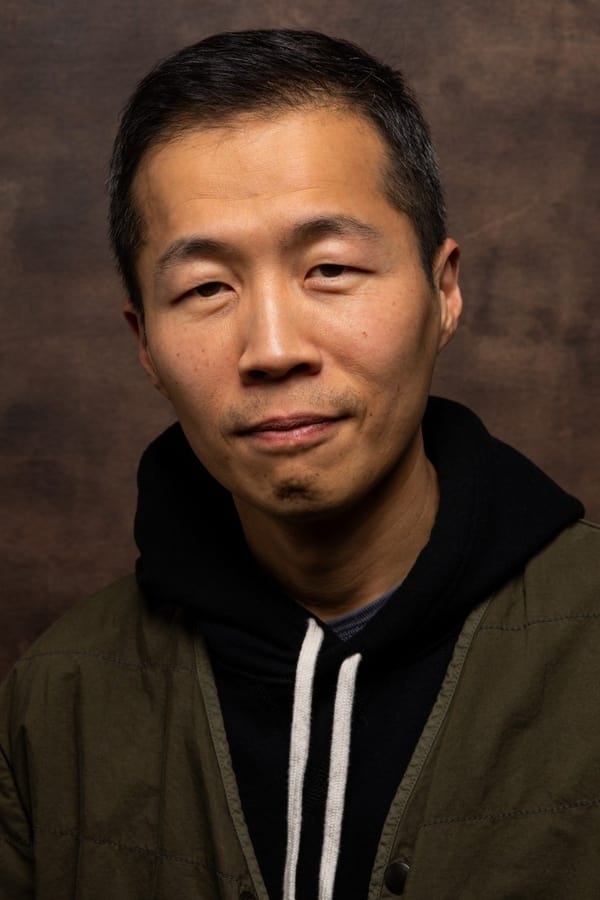
Lee Isaac Chung
Director

Lee Isaac Chung
Director
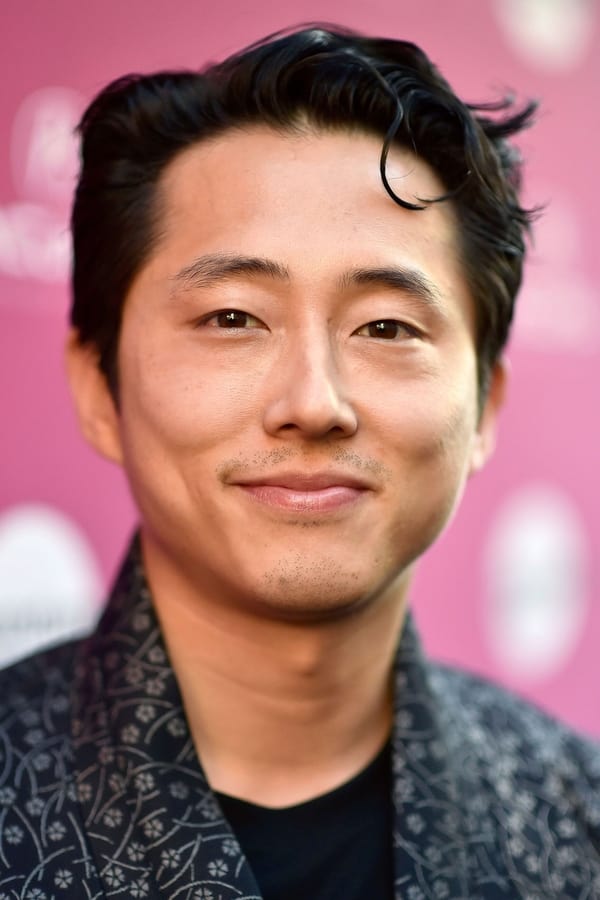
Steven Yeun
Jacob
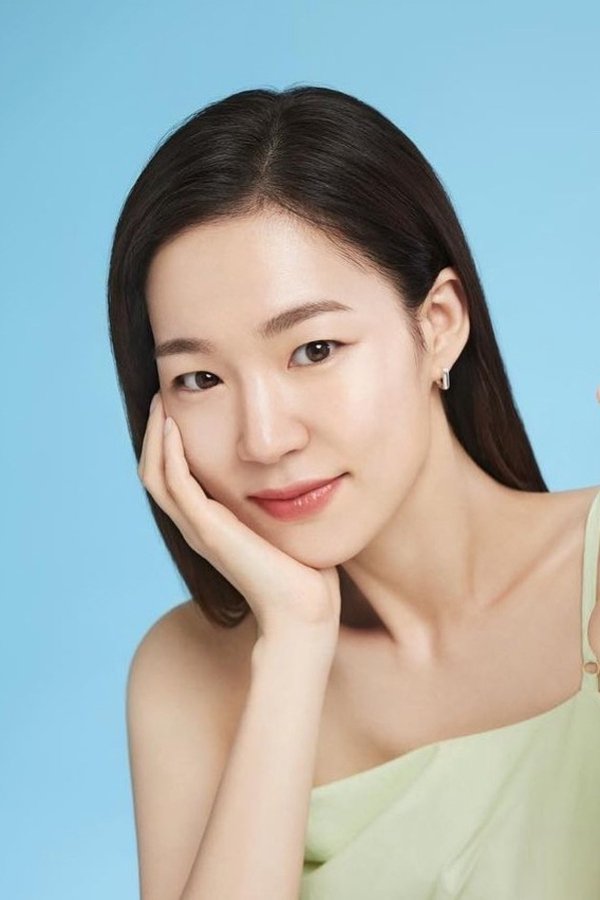
Han Yeri
Monica
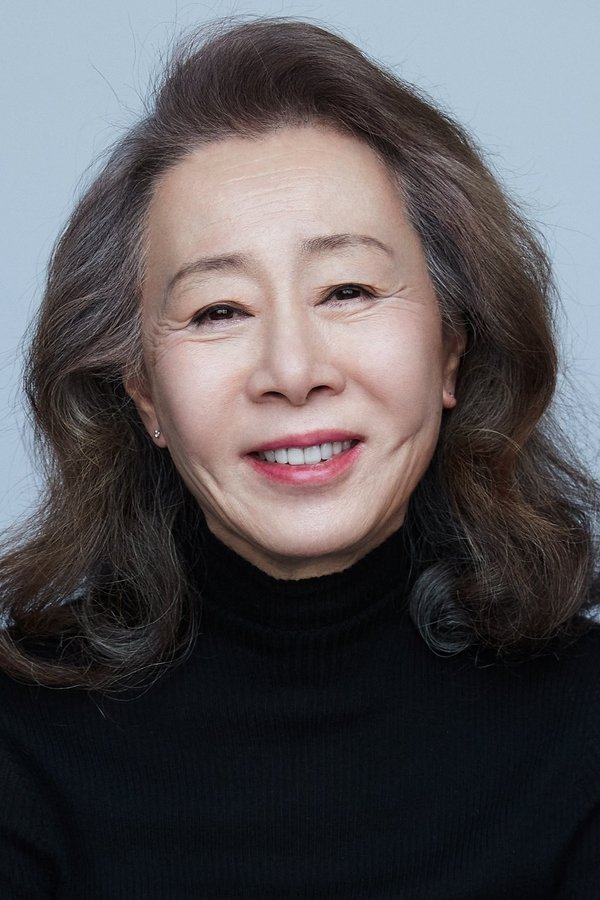
Youn Yuh-jung
Soonja
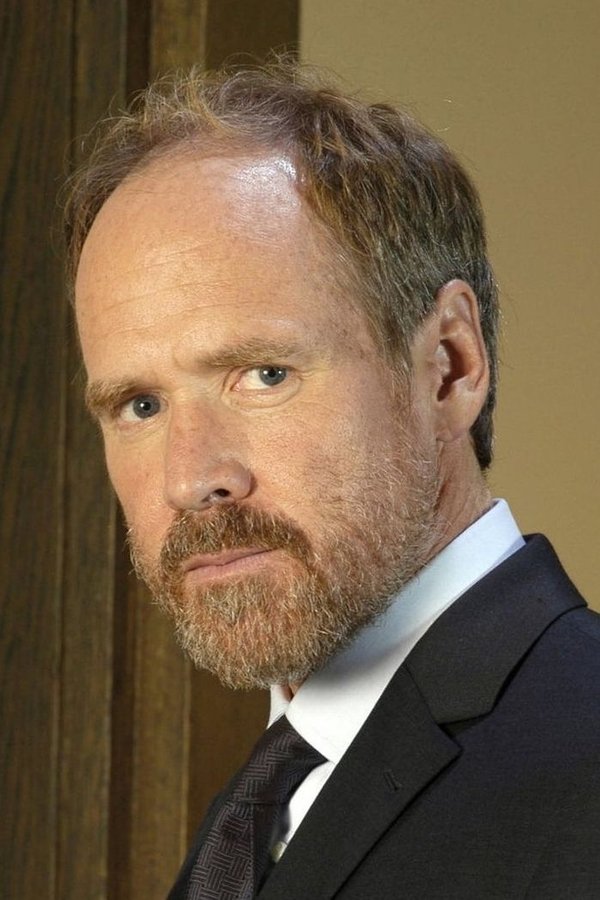
Will Patton
Paul

Alan Kim
David
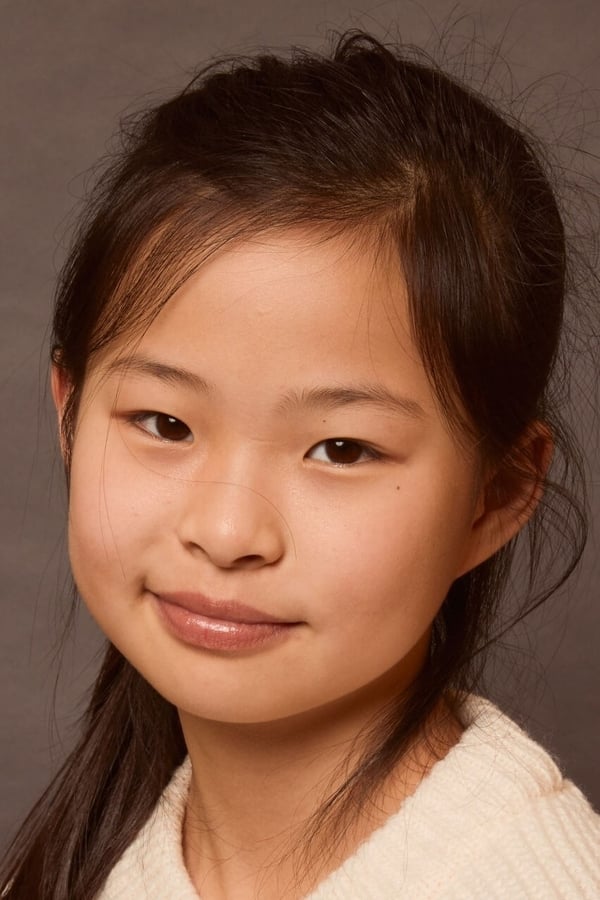
Noel Kate Cho
Anne

Darryl Cox
Mr. Harlan
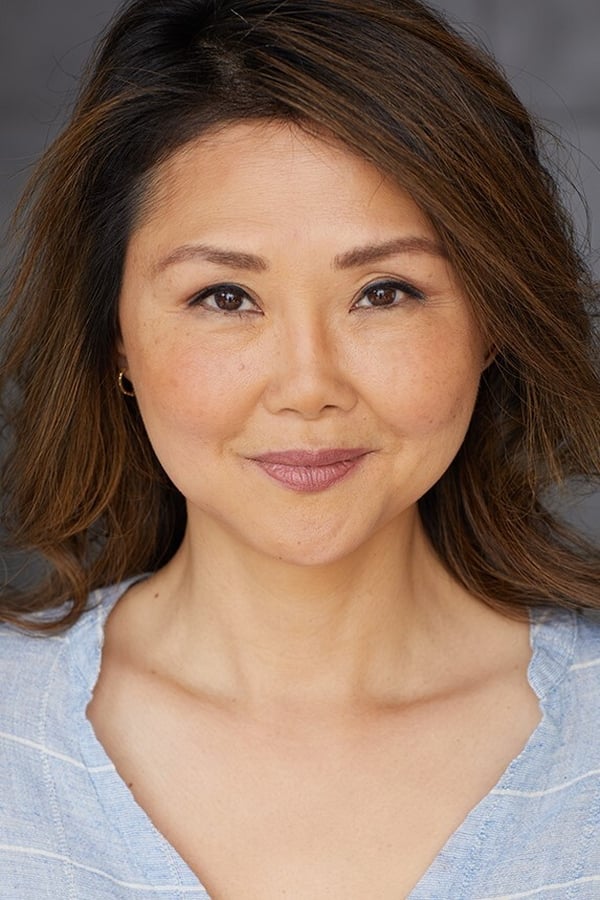
Esther Moon
Mrs. Oh
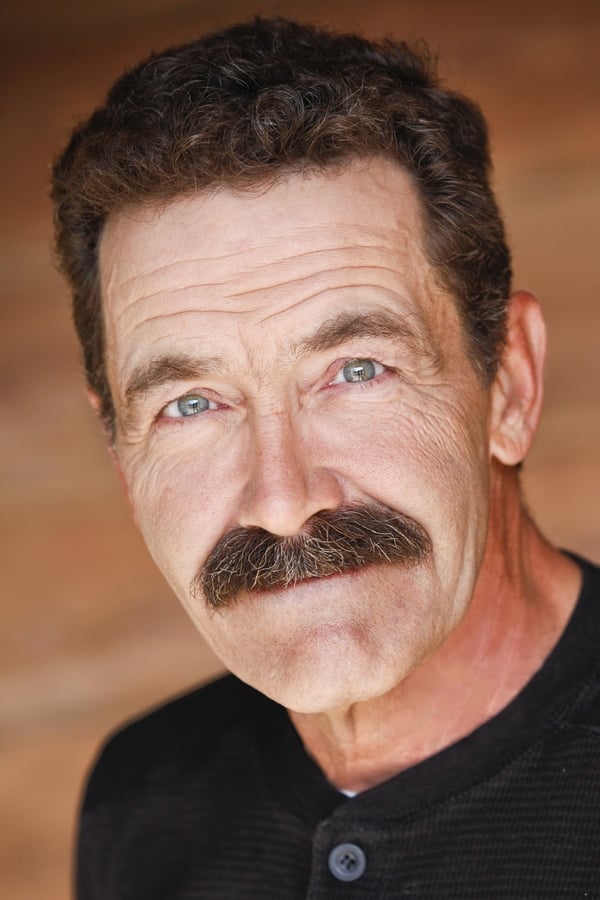
Ben Hall
Dowsing Dan

Eric Starkey
Randy Boomer
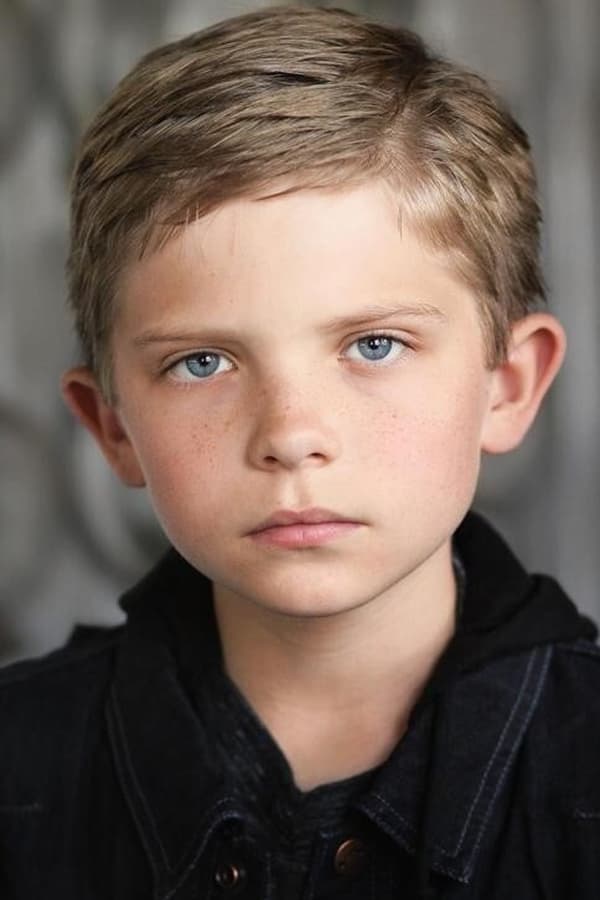
Jacob Wade
Johnnie
Make way for more Latine representation! Disney has released a toe-tapping musical trailer for "Encanto", which features more diversity than expected!
The Summer I Turned Pretty series adapts the beloved trilogy into a bingeworthy TV show and introduces a new generation to Belly, Conrad, and Jeremiah.
When the world lost Chadwick Boseman on August 28, 2020, we all saw the impact of representation in film. Boseman was not only a Black superhero leading a Black cast in one of the most successful films in history; but his successes paved the way for more, long-overdue diversity in Hollywood.